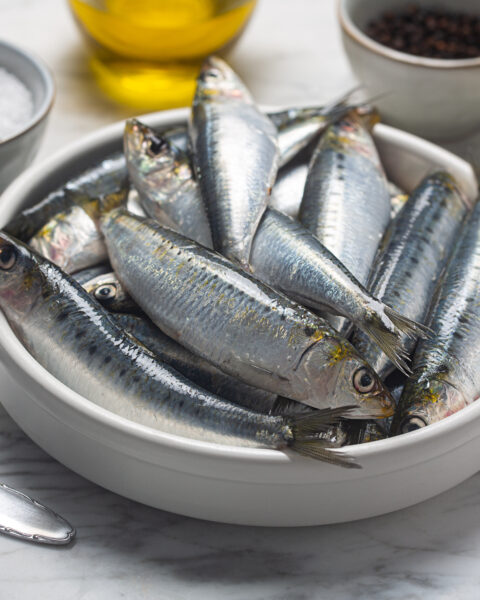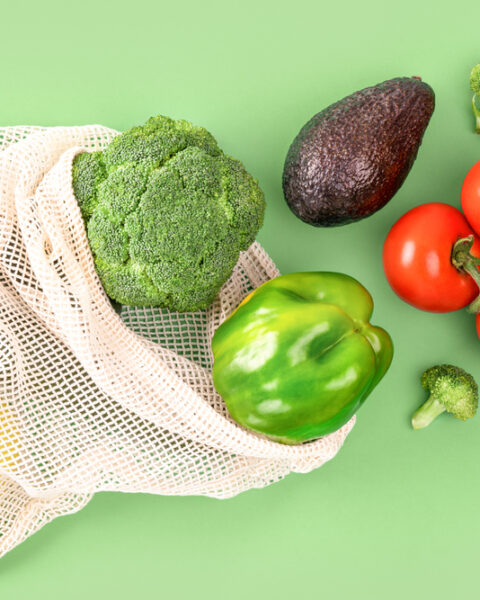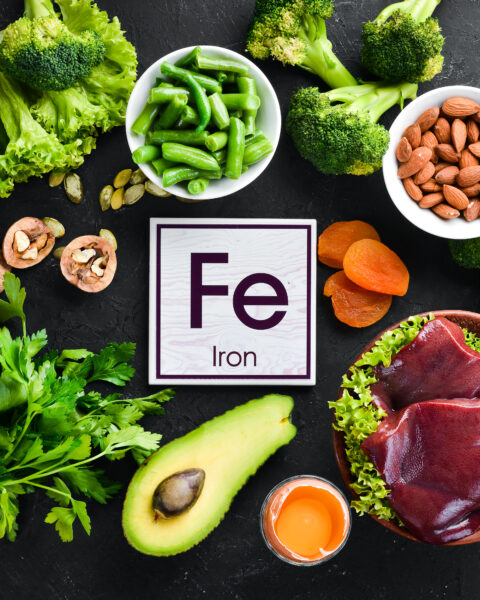Food technology is evolving at an incredible pace, bringing innovations that are changing how we produce, prepare, and consume our meals. It’s fascinating to see how new methods and technologies are making food production more sustainable, efficient, and personalized. These breakthroughs are not just about making our food healthier but also about addressing some of the biggest challenges in our food systems, from reducing waste to creating new sources of nutrition.
Contents
- 1 Lab-Grown Meat
- 2 Plant-Based Proteins
- 3 3D Food Printing
- 4 Precision Agriculture
- 5 CRISPR-Cas9 in Food Production
- 6 Personalized Nutrition
- 7 Food Waste Reduction Technologies
- 8 Sustainable Packaging
- 9 Alternative Farming Methods
- 10 Smart Kitchens
- 11 More From RetailShout
- 12 20 Vegetarian Recipes With 5 Ingredients Or Less
- 13 14 Italian Dishes Everyone Should Know
Lab-Grown Meat
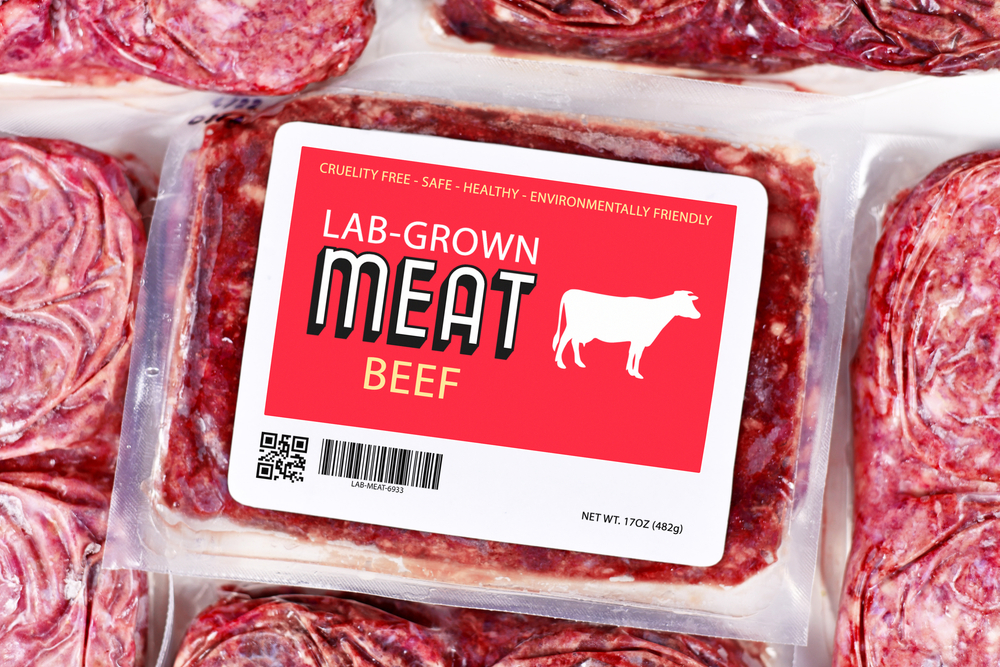
Lab-grown meat, also known as cultured meat, is revolutionizing the food industry by providing a sustainable and ethical alternative to traditional meat production. This technology involves growing meat from animal cells in a controlled environment, eliminating the need for slaughter. Lab-grown meat addresses environmental concerns associated with livestock farming, such as greenhouse gas emissions and land use. Additionally, it has the potential to reduce the risk of foodborne illnesses and antibiotic resistance. As this technology advances, it could significantly impact global food supply chains and consumption patterns.
Plant-Based Proteins
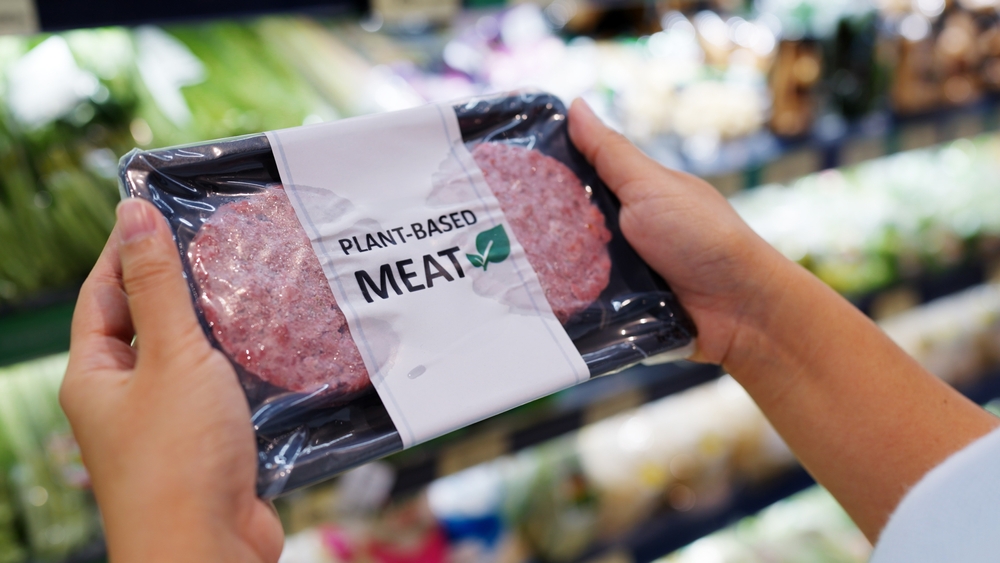
The rise of plant-based proteins is transforming diets and reducing reliance on animal products. These meat alternatives are made using ingredients like pea protein and soy, offering a sustainable and health-conscious option for consumers. Plant-based proteins help lower the environmental impact of meat production and cater to the growing demand for vegetarian and vegan diets. This innovation is making it easier for people to reduce their meat intake without sacrificing flavor or nutritional value. By providing a diverse range of plant-based options, this technology is reshaping how we think about protein sources.
3D Food Printing
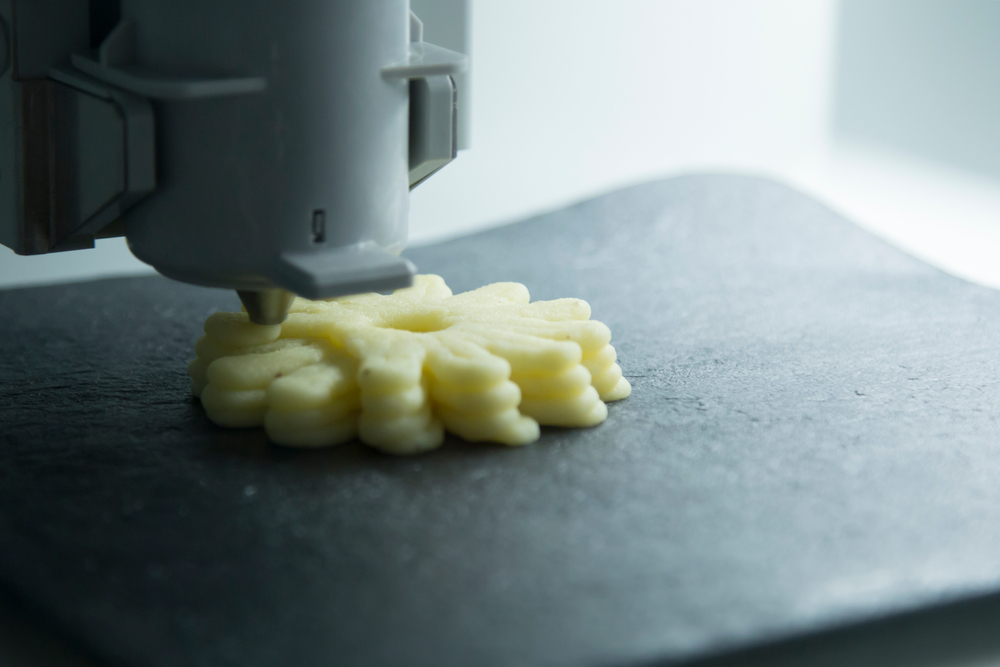
3D food printing is a cutting-edge technology that allows for the creation of customized and complex food items. This innovation enables the production of intricately designed meals, snacks, and desserts by layering ingredients. It can reduce food waste by using precise amounts of ingredients and cater to specific dietary needs by customizing nutrient content. 3D food printing also holds promise for space travel, providing astronauts with a variety of fresh, personalized meals. This technology is paving the way for creative and efficient food production in both domestic and industrial settings.
Precision Agriculture
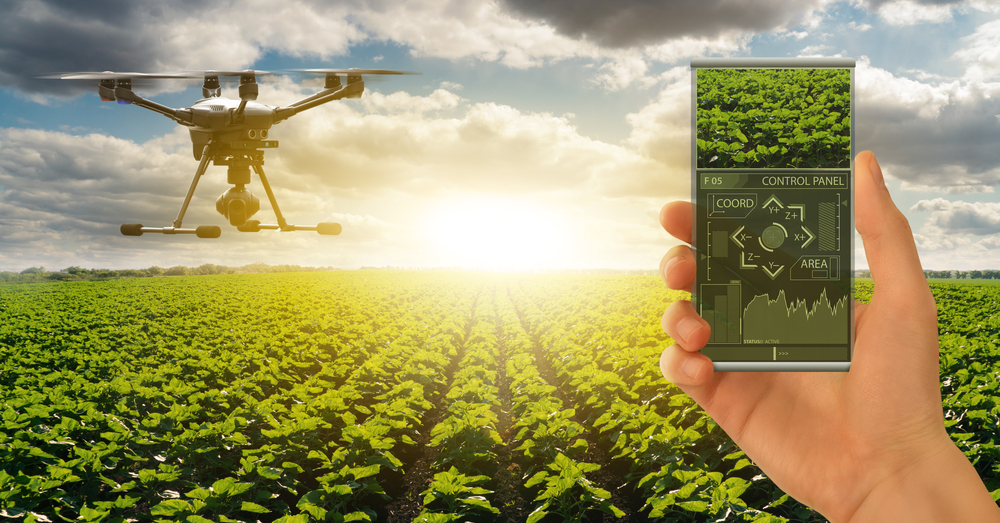
Precision agriculture uses advanced technologies like GPS, IoT, and drones to optimize farming practices. This approach allows farmers to monitor crop health, soil conditions, and weather patterns in real-time, enabling precise application of water, fertilizers, and pesticides. Precision agriculture helps farmers make data-driven decisions, enhancing sustainability and productivity. By maximizing efficiency and minimizing waste, this technology is crucial for meeting the food demands of a growing global population. It represents a significant shift towards more sustainable and efficient farming practices.
CRISPR-Cas9 in Food Production
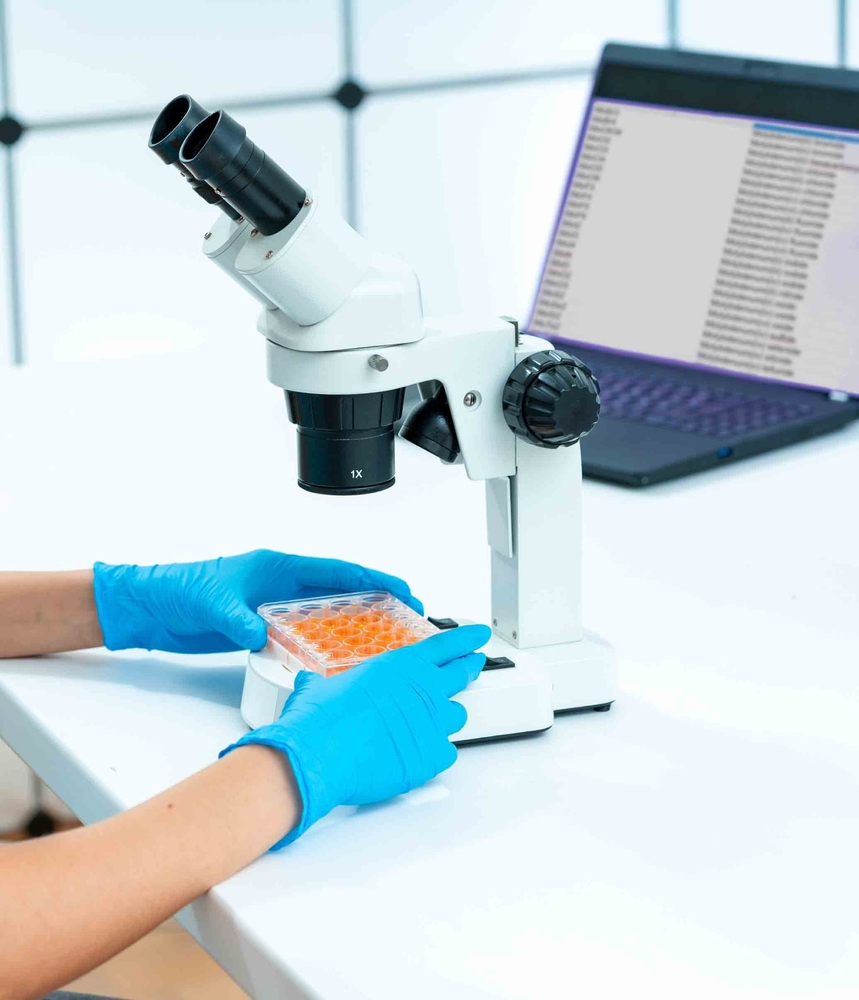
CRISPR-Cas9 is a gene-editing technology that is transforming agriculture by allowing precise modifications to the DNA of crops and livestock. Scientists are using CRISPR to develop crops that are more resistant to pests, diseases, and extreme weather conditions. This technology also enables the enhancement of nutritional content in food, such as increasing the omega-3 levels in plants. CRISPR has the potential to reduce food waste by creating non-browning fruits and vegetables. The ability to rapidly improve crop characteristics makes CRISPR a powerful tool for ensuring food security and sustainability.
Personalized Nutrition
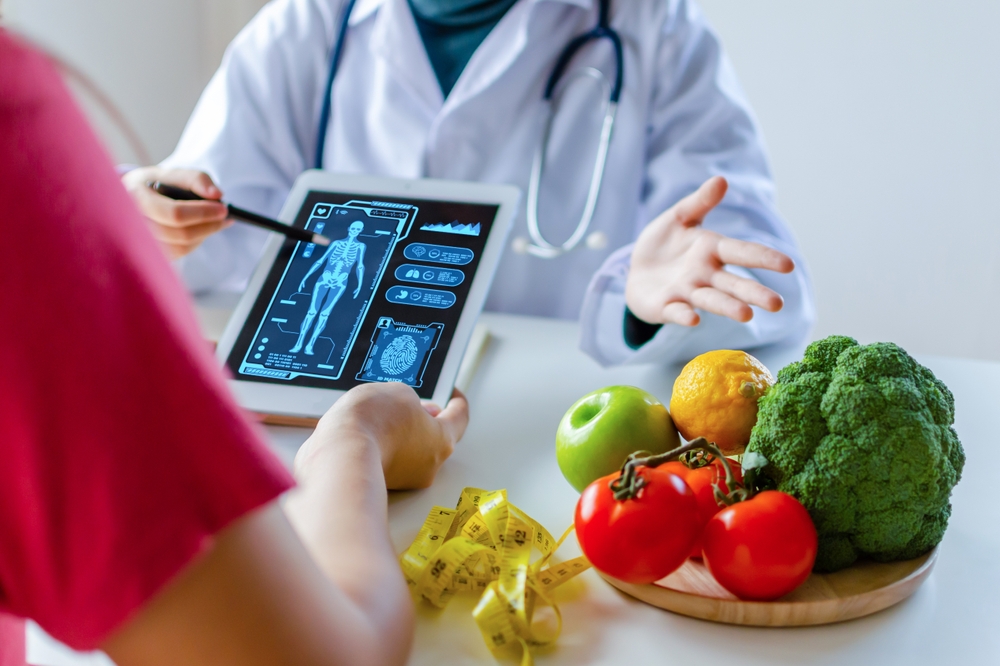
Personalized nutrition tailors dietary recommendations based on individual genetic profiles, lifestyle, and health data. This approach uses DNA analysis and gut microbiome testing to create customized meal plans that optimize health and prevent disease. Personalized nutrition can improve dietary adherence and outcomes by considering unique biological needs and preferences. This field is expected to play a significant role in preventive healthcare and wellness. As personalized nutrition becomes more accessible, it will transform how we approach diet and health.
Food Waste Reduction Technologies
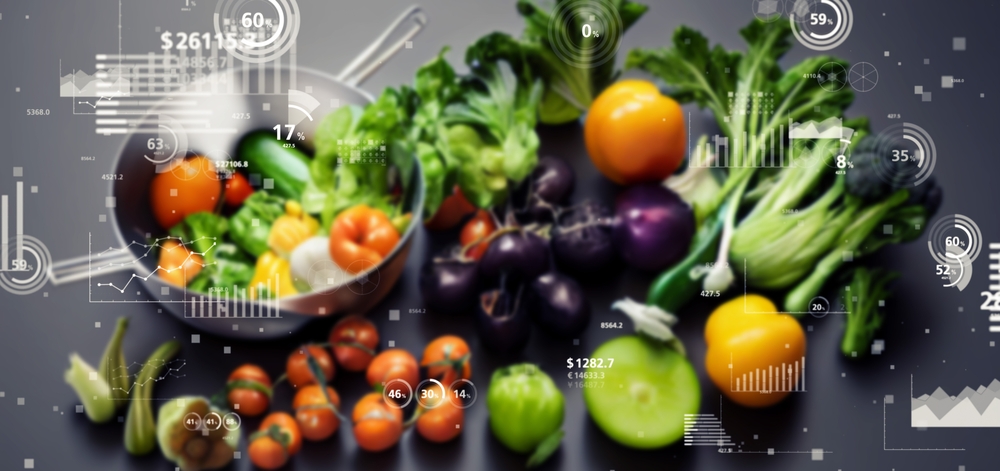
Innovative technologies are being developed to tackle food waste at various stages of the supply chain. These include plant-derived coatings that extend the shelf life of fruits and vegetables by reducing spoilage and AI-driven inventory management systems that optimize stock levels. Food waste digesters are being implemented to convert organic waste into energy and compost. These technologies not only help reduce the environmental impact of food waste but also contribute to food security by making better use of available resources. Reducing food waste is crucial for a sustainable food system.
Sustainable Packaging

Sustainable packaging solutions are being developed to reduce the reliance on single-use plastics and minimize environmental impact. These alternatives to traditional plastics decompose naturally, reducing pollution and waste. Sustainable packaging innovations are crucial for addressing the growing concern over plastic waste and promoting a circular economy. By adopting eco-friendly packaging, the food industry can significantly reduce its carbon footprint and support environmental sustainability. This shift towards sustainable materials is essential for a greener future.
Alternative Farming Methods
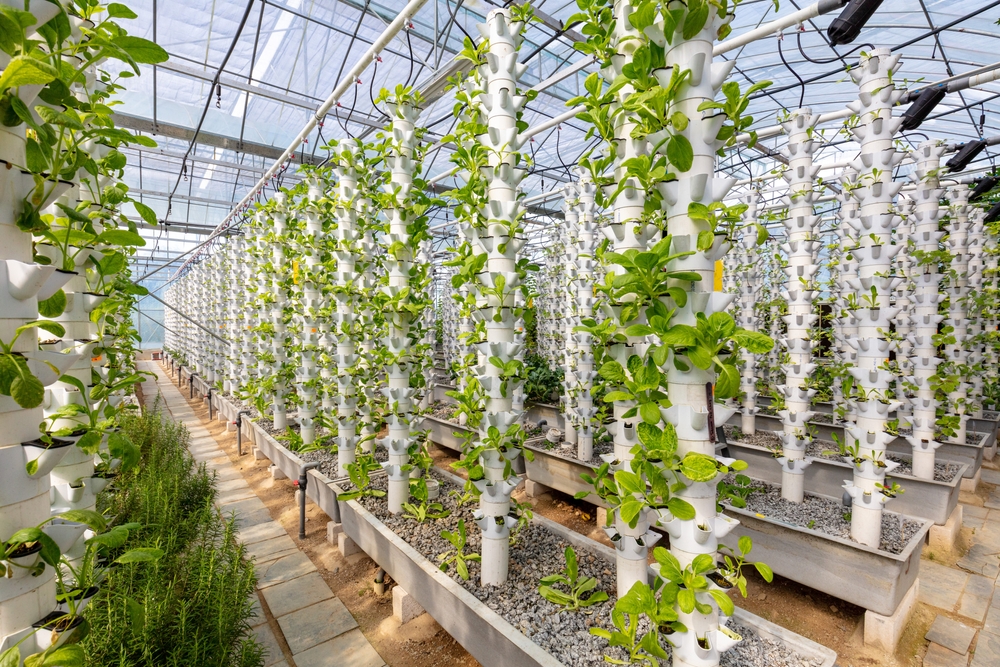
Alternative farming methods, such as vertical farming and hydroponics, are changing the way food is grown. Vertical farms use stacked layers to grow crops in controlled environments, maximizing space and resource efficiency. Hydroponics involves growing plants in nutrient-rich water solutions without soil, allowing for year-round cultivation. These methods enable urban and indoor farming, reducing the need for arable land and water. Alternative farming techniques are crucial for producing fresh, local produce in areas with limited agricultural space and for enhancing food security in urban environments.
Smart Kitchens

Smart kitchens integrate advanced appliances and devices to streamline cooking and food preparation. These appliances, connected to the internet, offer features like recipe suggestions, inventory management, and remote control. Smart kitchens enhance convenience, reduce food waste, and promote healthier eating by providing users with tailored recommendations and insights. As these technologies become more accessible, they are set to transform home cooking and food management. The integration of smart technology in kitchens represents a significant leap towards modern, efficient, and sustainable culinary practices.
This article originally appeared on RetailShout
More From RetailShout
10 Best Thai Streets Foods Besides Pad Thai

Thai street food is a treasure trove of flavors and textures that go far beyond the well-loved Pad Thai. Whether you’re a fan of spicy, sweet, or savory, there’s something to delight every palate. Read More.
20 Vegetarian Recipes With 5 Ingredients Or Less

Cooking delicious vegetarian meals doesn’t have to be complicated or time-consuming. Some of the best dishes can be made with just a handful of ingredients. Read More.
14 Italian Dishes Everyone Should Know

Italian cuisine embodies a philosophy that cherishes fresh, high-quality ingredients prepared with passion and skill. It is known worldwide for its rich flavors, regional diversity, and centuries-old culinary traditions. Read More.



